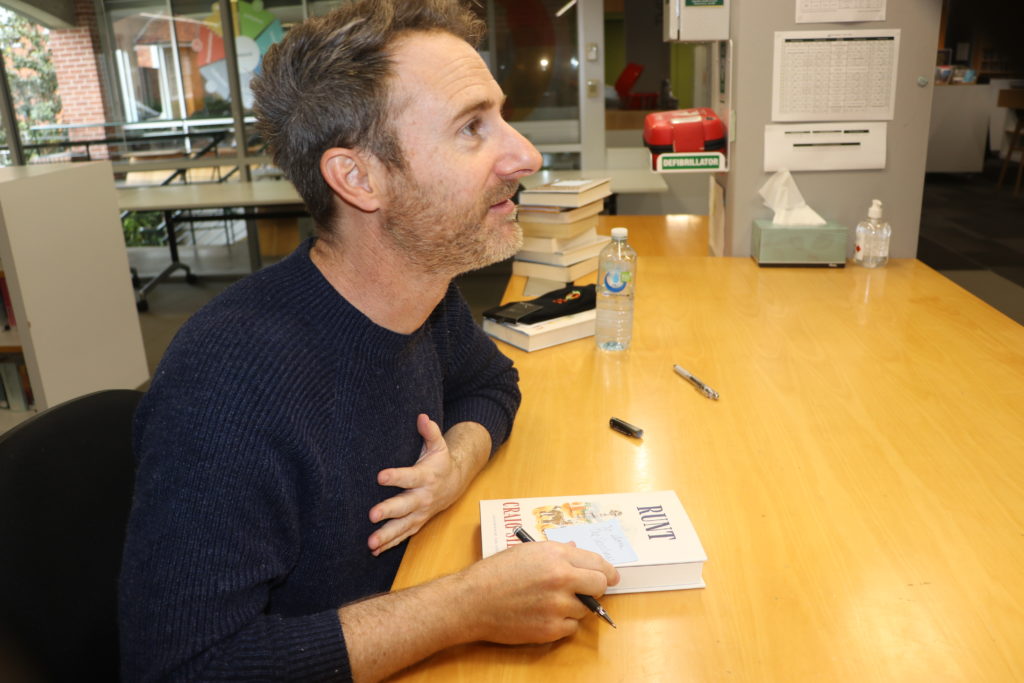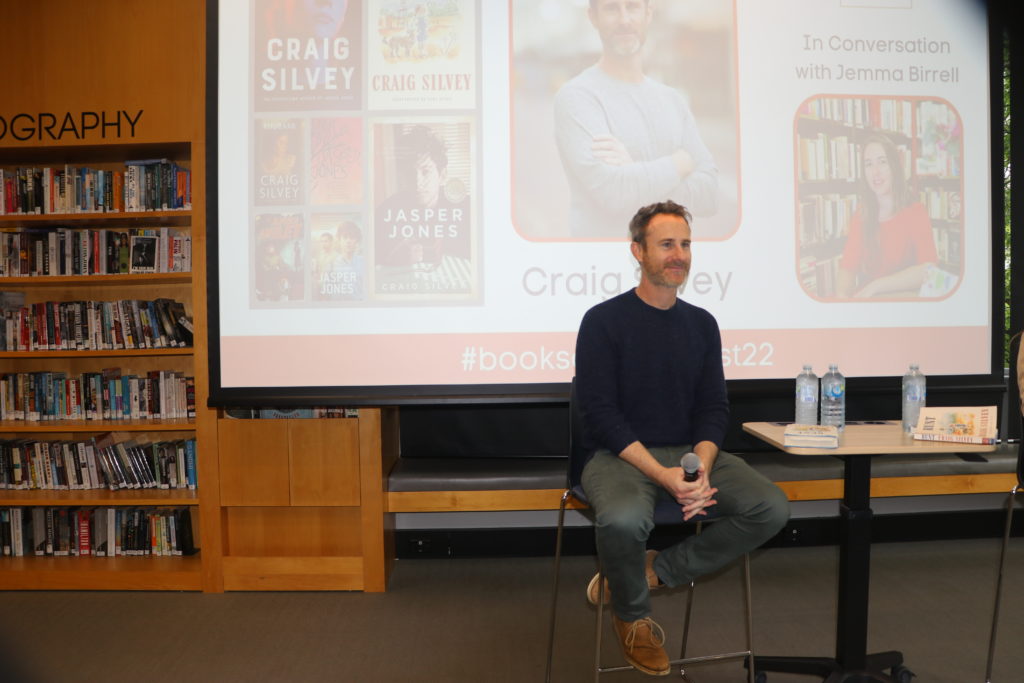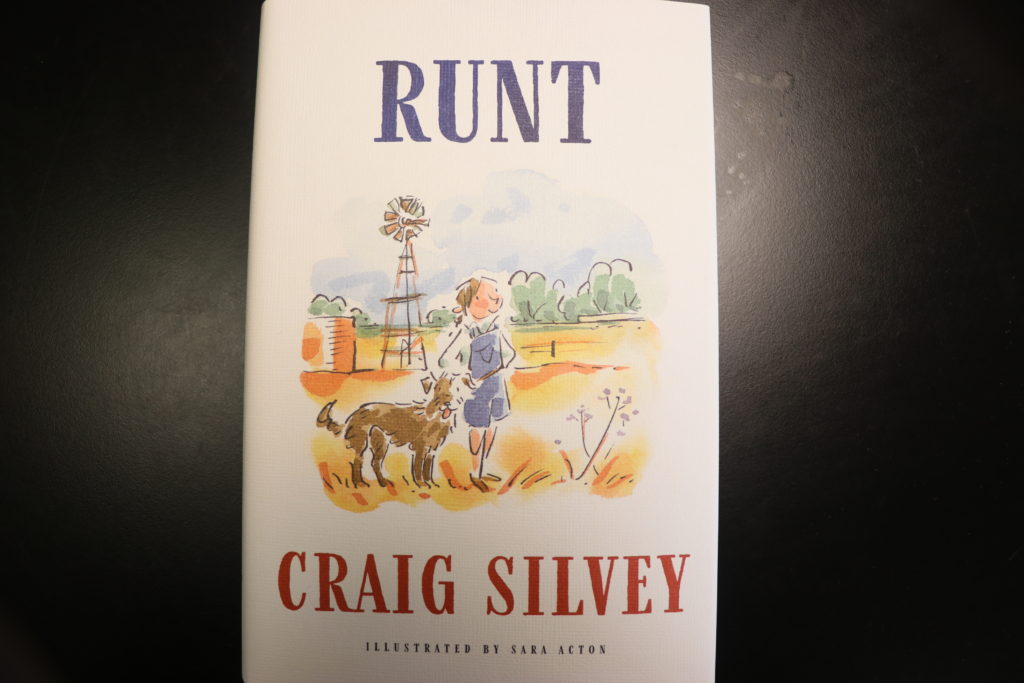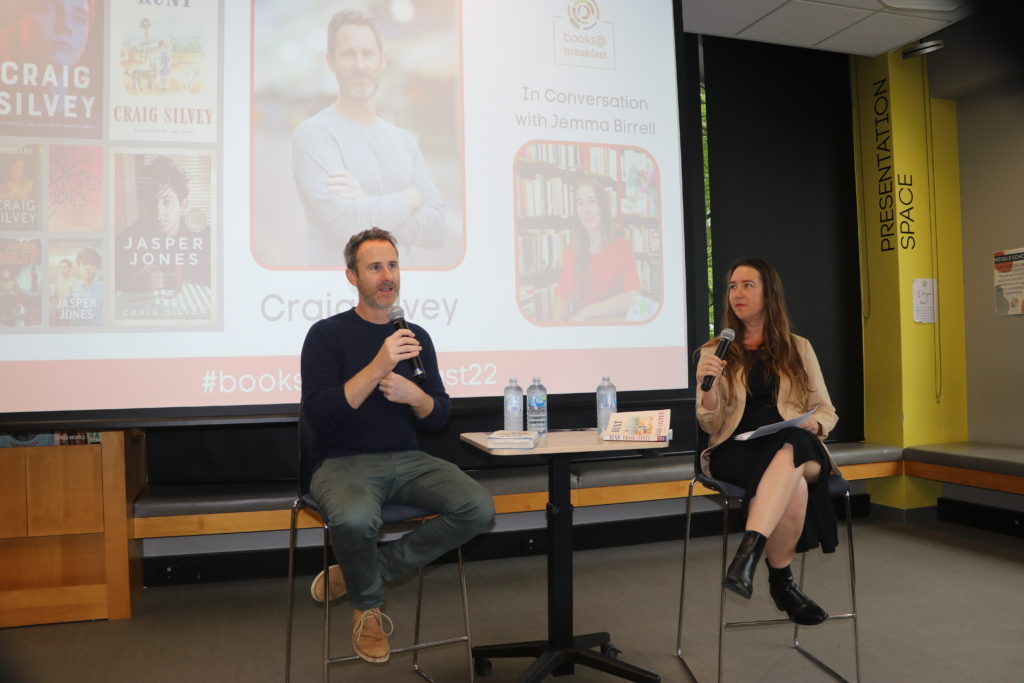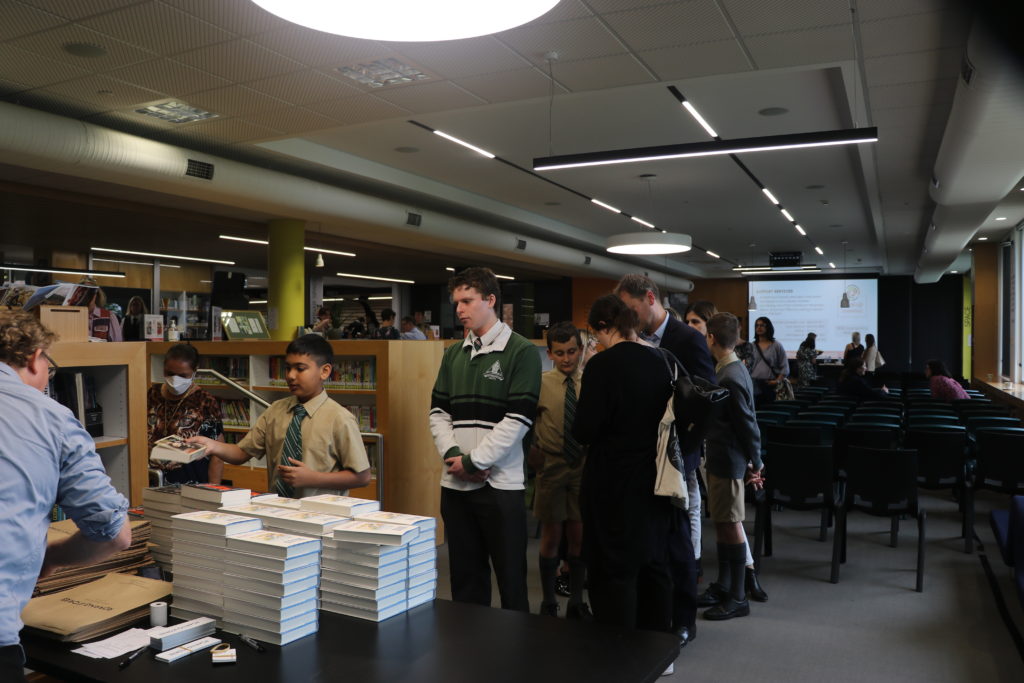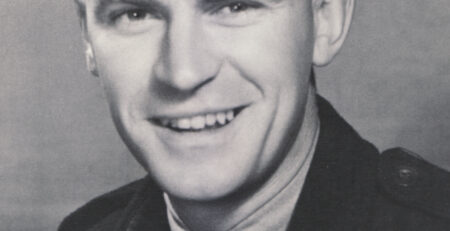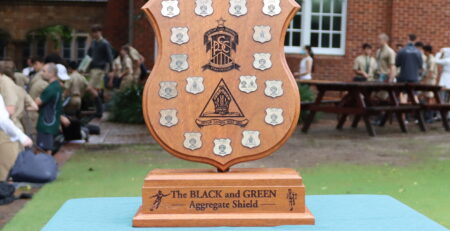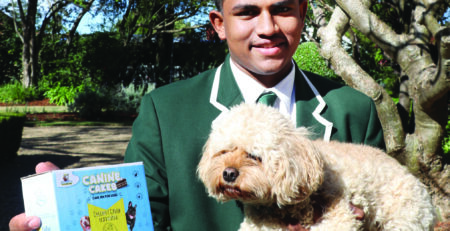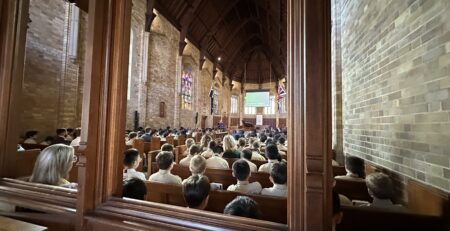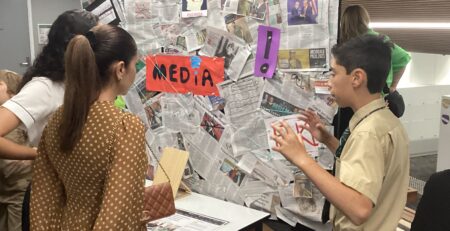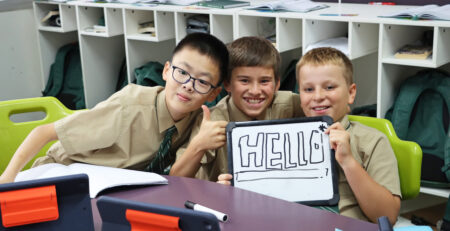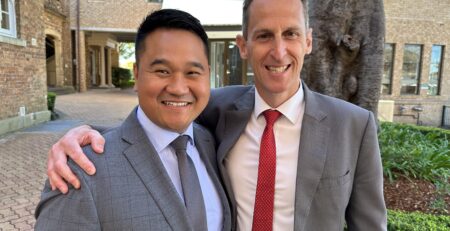Writing is who I am
“Don’t become a writer; be a writer”: author tells Trinity boys
Writing was the key moment in award-winning author Craig Silvey’s voyage of self-discovery; it helped him find out who he was at the age of 14.
When he visited Trinity to talk about the joys and hardships of his craft, he revealed the catalyst for his career was a visit to his school by an author.
Perhaps the same might happen for one of the boys who gathered in the Arthur Holt library for the latest Books At Breakfast session, along with their parents, to listen to his story?
The author who changed his life growing up in Western Australia was English-born former high school teacher Glyn Parry.
“Up to that point writers had felt like distant deities to me, ghost-like apparitions who created amazing works that shaped me,” said the creator of the modern Australian classic Jasper Jones, which Year 10 students study in English.
“The opportunity to see a writer in the flesh was enormously clarifying. For the first time in my life I realised that with enough dedication it was an active vocation you could strive for.
“In that moment I had a recognition: I knew who I was. I resolved then and there that I was going to become a writer.”
The young Silvey wrote a novel, which he now describes as “awful”, and sent it to Parry along with an impassioned letter.
“I sweated on his response. Every day I went to the Dwellingup Post Office, and I was disappointed because there was nothing for me. But a few months later there was a letter for me, and it remains one of the most treasured artifacts of my life.
“Glyn took me seriously but he didn’t lie to me. He told me it was a scary, beautiful decision I had made – scary because the life of a writer is the hardest life there is, beautiful because it’s also the most rewarding.
“He also gave me a critical piece of advice. He told me, ‘Don’t become a writer; be a writer’.
“That has stayed with me ever since. It’s all about practising the craft and developing the voice. There’s no glamour to it; it’s about dedication, stubbornness, determination and patience.
“You’ve just got to be a writer, and eventually you might get to hold one of these,” he said, raising a copy of his latest book Runt, an optimistic, feel-good tale based on the strong bond between a young girl and a stray dog.
Visiting Trinity was clearly a mutually beneficial experience for author and audience.
“Writing a novel exhausts me,” Silvey said in conversation with Jemma Birrell, former artistic director of the Sydney Writers’ Festival.
“It leaves me hollowed out. I put everything I have into my books, and the opportunity to come out and connect with readers, to be honoured by a reader’s time and response, is the thing that fills me back up.”
Creating a new book, however, was a bittersweet experience, he said.
“There’s a curious transition moment when your collection of ideas, these wispy thoughts that you’ve tried to lasso for years, suddenly emerge into a book, as a thing, as a noun, as something that has mass, that occupies space in the universe.
“It’s a really beautiful moment for a novelist because you get to hold it for the first time. But it’s also the moment you appreciate that it’s not yours any more. It’s for other people. It’s the moment you give it away.”
Like all authors, he had his share of rejection letters.
“They’re never easy. It’s difficult to divorce your personal doubts and insecurities as an artist from the fact you’ve been considered not quite good enough, despite the kindly adjectives (in the letters).”
His big break came – again – through the intervention of Glyn Parry, who invited him to an industry night, and told the editor of Fremantle Press: “You need to read this guy’s manuscript. He’s the next Tim Winton.”
“He read it over ether weekend and I was offered a contract on the Monday. And that changed my life.”
Silvey’s critically acclaimed debut novel, Rhubarb, was published in 2004.
Jasper Jones, released in 2009, has won plaudits in three continents, including an International Dublin Literary Award shortlisting, a Michael J. Printz Award Honour, and a Miles Franklin Literary Award Shortlisting, as well as being named the Australian Book Industry Awards Book of the Year for 2010. The book has been adapted for both stage and screen.
His third novel Honeybee was published in 2020 and sold over 100,000 copies of the first edition.


